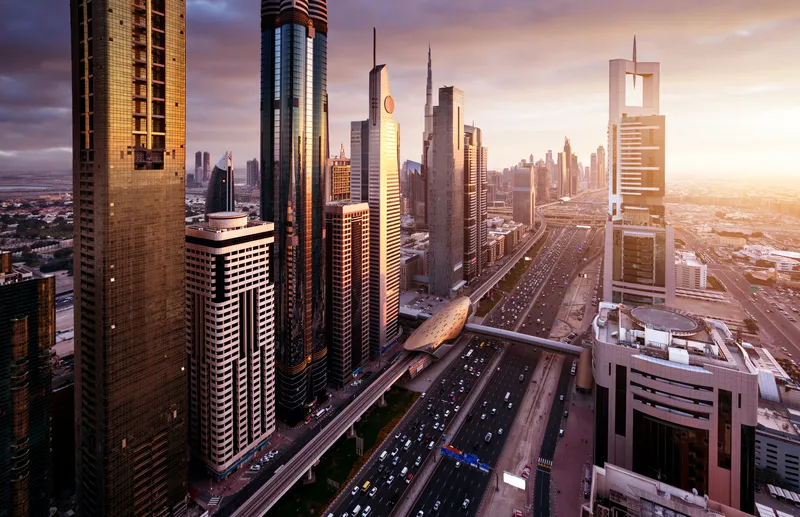
Dubai Roads and Transport Authority (RTA) has launched field tests for those participating in the third Dubai World Challenge for Self-Driving Transportation competition.
Winners of the $2.3m competition in United Arab Emirates (UAE) - which this year focuses on self-driving buses - will be announced during the third session of the RTA's Dubai World Conference on Self-Driving Mobility on 26-27 September.
Testing takes place at Dubai Silicon Oasis, which is affiliated with the Dubai Integrated Economic Zones Authority (DIZ).
There were 27 applications from different countries - prize money is $2m for the winning company and $300,000 for the leading academic institution.
Ahmed Bahrozyan, executive director of the Public Transport Agency and chairman of the challenge's organising committee, says the competition is designed in part to "embody the government's vision to convert 25% of the total transportation trips in Dubai into self-driving trips by 2030".
Muammar Al Kathiri, executive director of DIZ's Engineering and Sustainability Sector, adds that the competition "consolidates the emirate’s position on indicators of innovation, designing the future, creating opportunities, strengthening partnerships between the government and private sectors, and supporting research and development in various vital sectors".
The Dubai World Conference on Self-Driving Mobility will include an exhibition along with seminars and workshops.
In September 2024, the ITS World Congress will take place in Dubai, organised by Ertico - ITS Europe.







